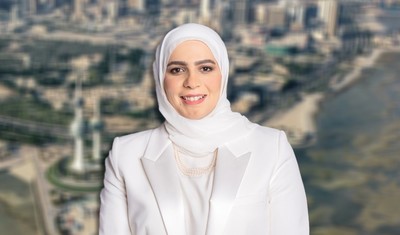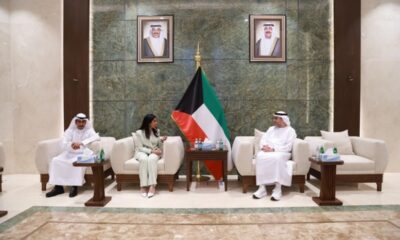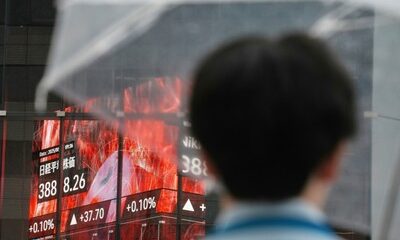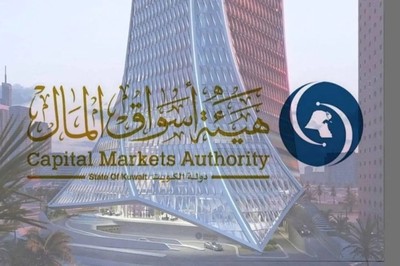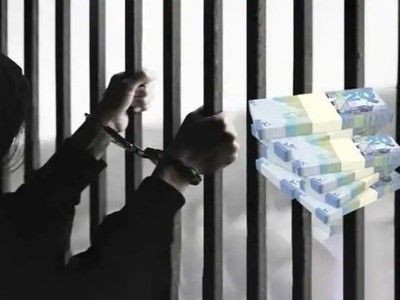Bags of returned or overstocked clothing, shoes, boots, coats, packs and other items sit in a fulfillment warehouse after the goods were cleaned or repaired as they are marketed on resale platforms on April 17, in Englewood, Colo. (AP)
NEW YORK, April 21, (AP): Stores selling secondhand clothes, shoes and accessories are poised to benefit from President Donald Trump’s trade war even as businesses the world over race to avert potential damage, according to industry experts. American styles carry international influence, but nearly all of the clothing sold domestically is made elsewhere. The Yale University Budget Lab last week estimated short-term consumer price increases of 65% for clothes and 87% for leather goods, noting US tariffs “disproportionately affect” those goods.
Such price hikes may drive cost-conscious shoppers to online resale sites, consignment boutiques and thrift stores in search of bargains or a way to turn their wardrobes into cash. Used items cost less than their new equivalents and only would be subject to tariffs if they come from outside the country. “I think resale is going to grow in a market that is declining,” said Kristen Classi-Zummo, an apparel industry analyst at market research firm Circana.
“What I think is going to continue to win in this chaotic environment are channels that bring value.” The outlook for preowned fashion nevertheless comes with unknowns, including whether the president’s tariffs will stay long enough to pinch consumers and change their behavior. It’s also unclear whether secondhand purveyors will increase their own prices, either to mirror the overall market or in response to shopper demand.
Jan Genovese, a retired fashion executive, sells her unwanted designer clothes through customer-to-customer marketplaces like Mercari. If tariffs cause retail prices to rise, she would consider high-end secondhand sites. “Until I see it and really have that sticker shock, I can’t say exclusively that I’ll be pushed into another direction,” Genovese, 75, said. “I think that the tariff part of it is that you definitely rethink things.
And maybe I will start looking at alternative venues.” The secondhand clothing market already was flourishing before the specter of tariffs bedeviled the US fashion industry. Management consulting firm McKinsey and Co predicted after the COVID-19 pandemic that global revenue from preowned fashion would grow 11 times faster than retail apparel sales by this year as shoppers looked to save money or spend it in a more environmentally conscious way.
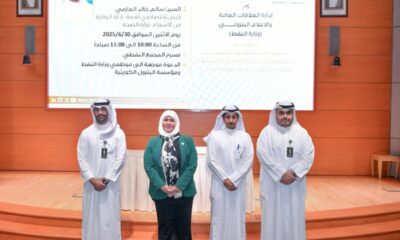
 Latest News23 hours ago
Latest News23 hours ago
 Politics15 hours ago
Politics15 hours ago
 Politics23 hours ago
Politics23 hours ago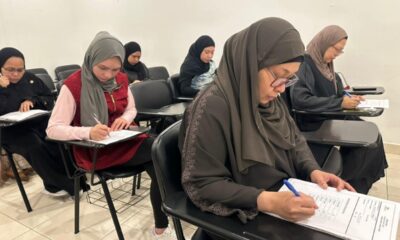
 Latest News22 hours ago
Latest News22 hours ago
 Latest News21 hours ago
Latest News21 hours ago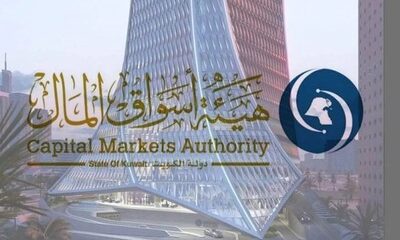
 Business12 hours ago
Business12 hours ago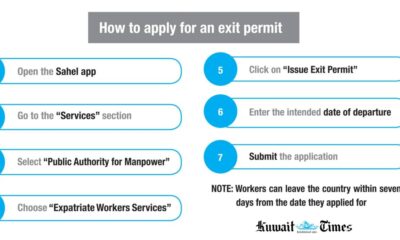
 Latest News9 hours ago
Latest News9 hours ago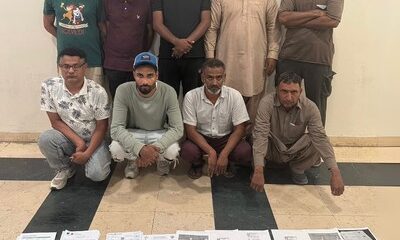
 Politics13 hours ago
Politics13 hours ago


